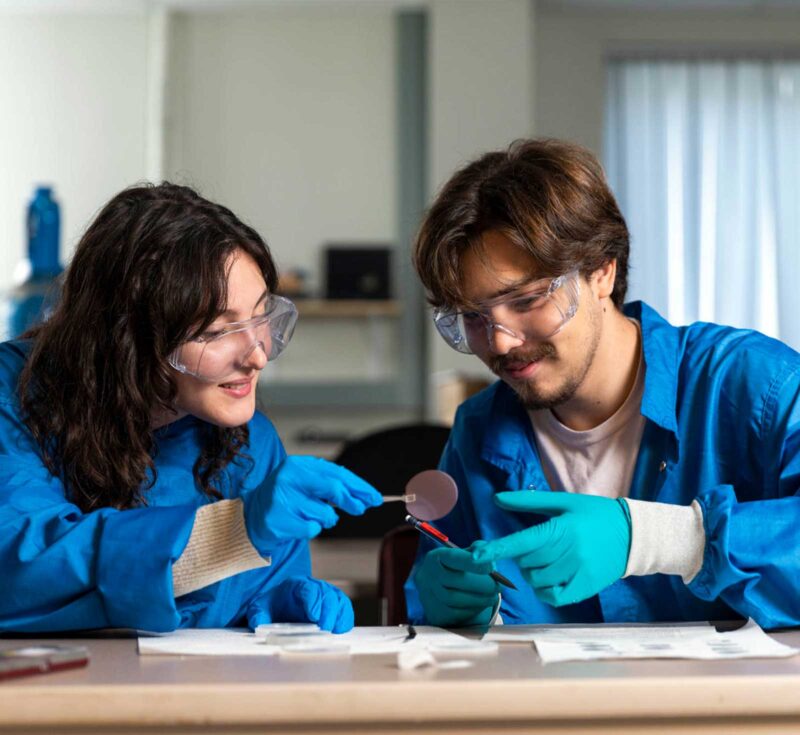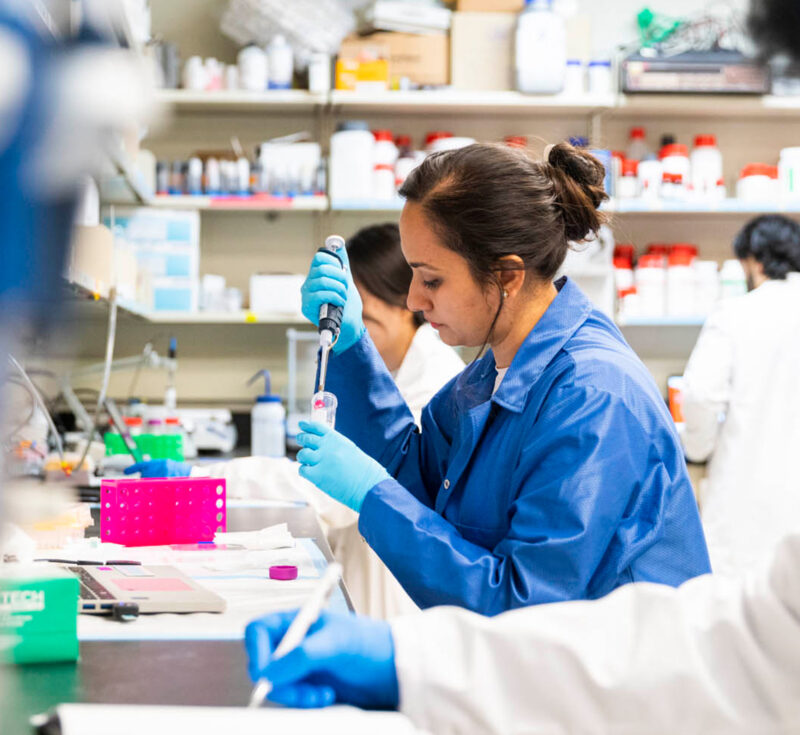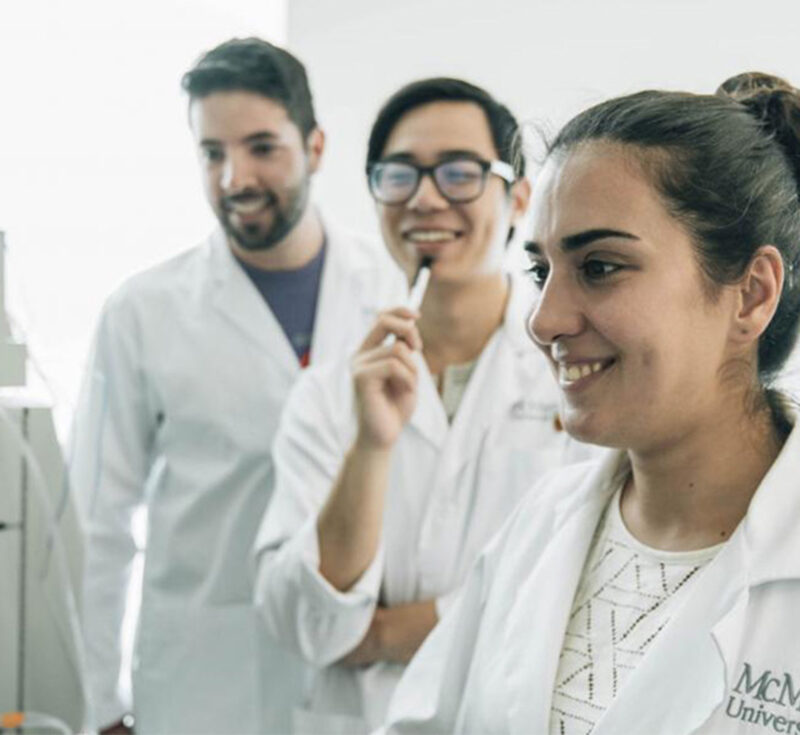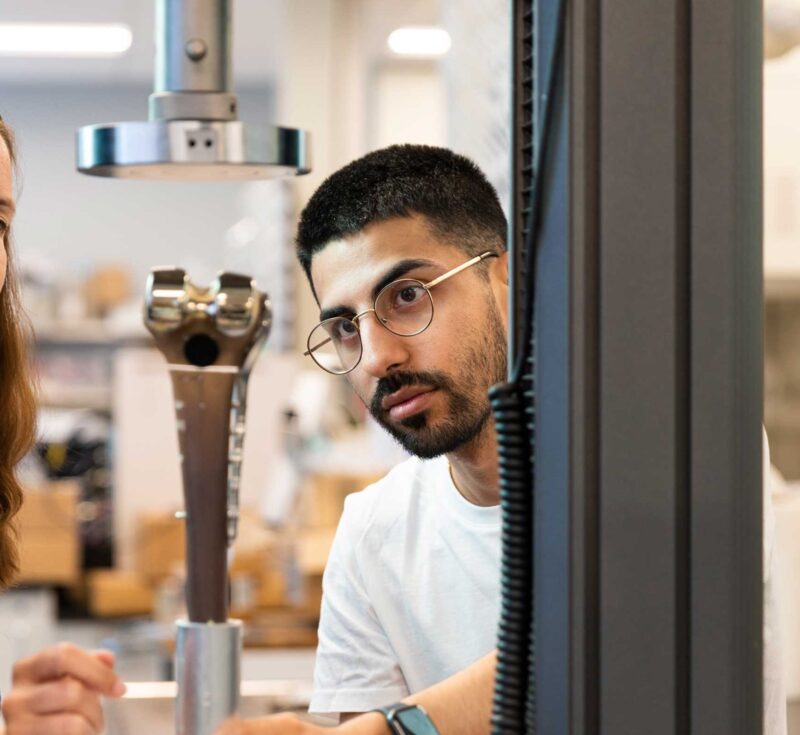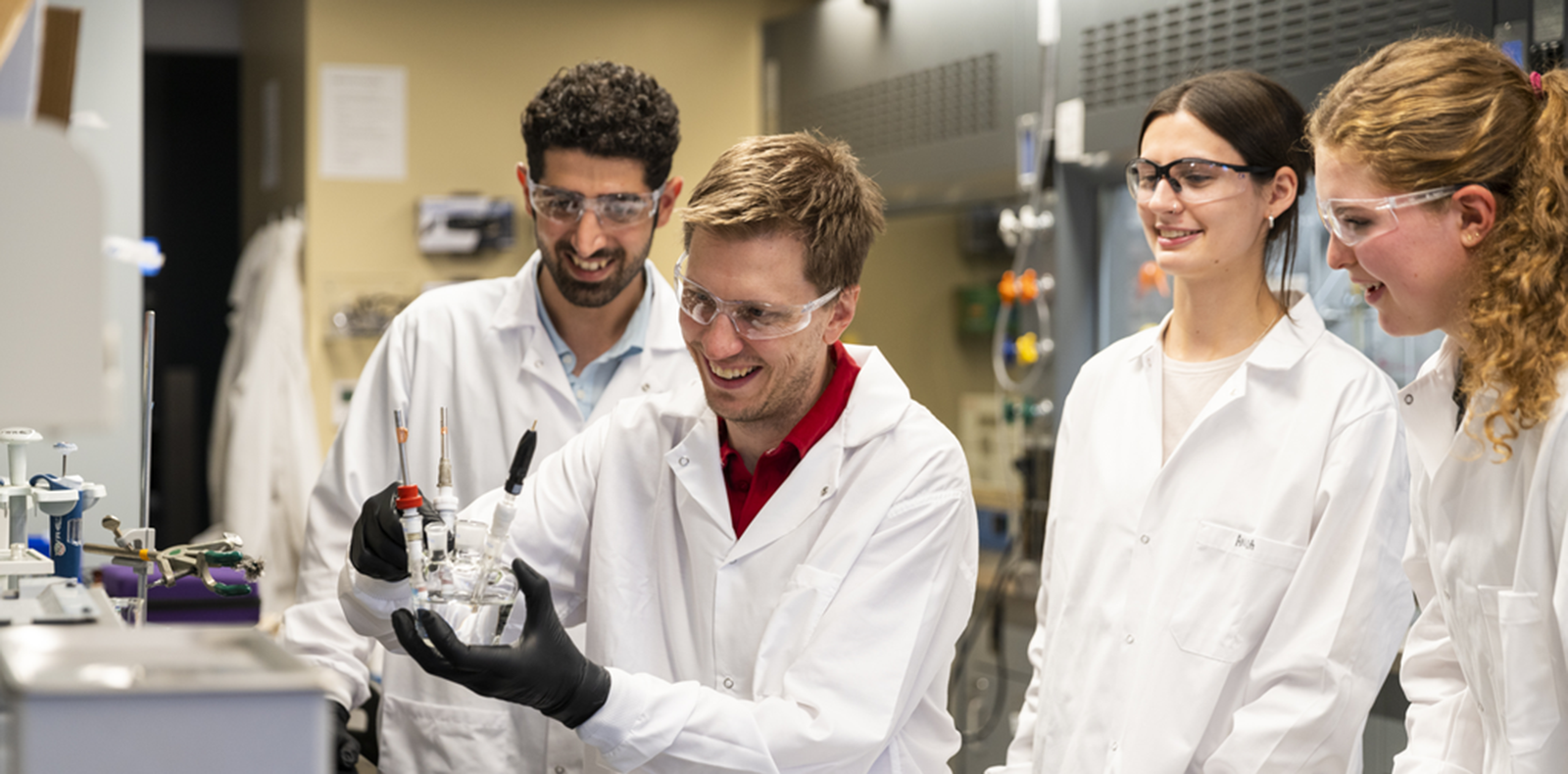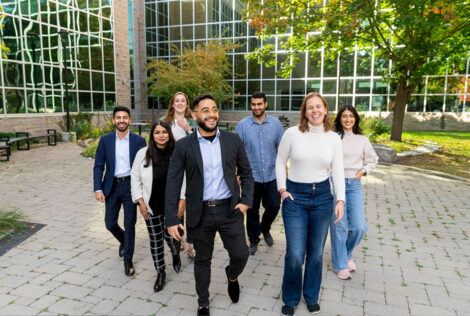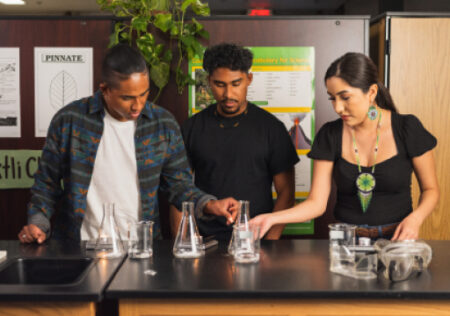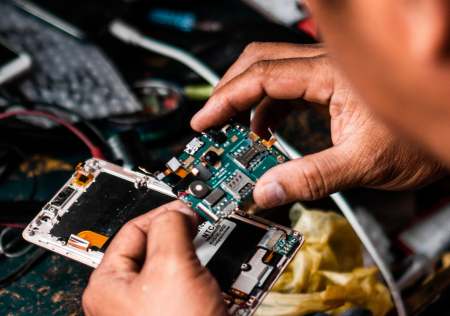
A global reputation for excellence
Be part of the change. Be part of McMaster Engineering.
Located within Canada’s innovation corridor, McMaster Engineering in Hamilton, Ontario believes diversity of thought can create global change and a brighter world for all.
Collaboration with industry partners, access to a network of leading researchers and support through career planning and professional development are some of the diverse experiences that will fast-track you on a successful career path.
